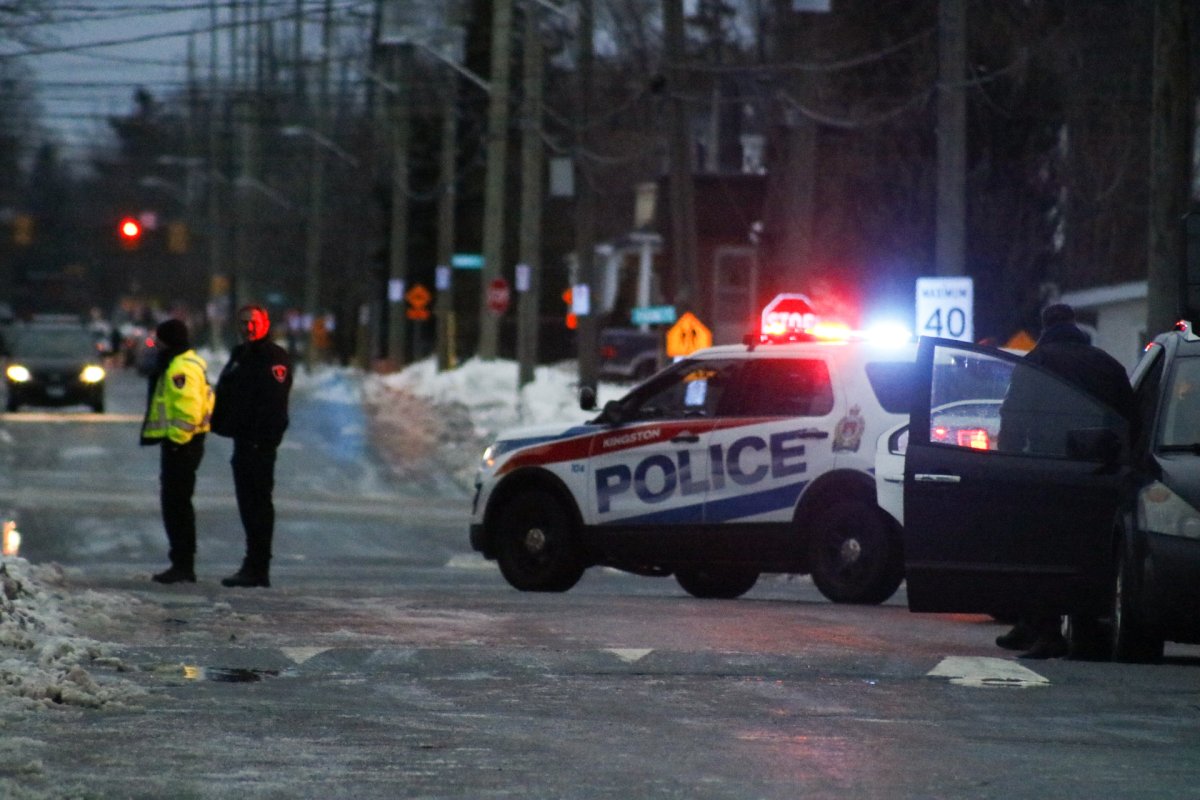How to measure a risk of reoffending in cases of youth “violent extremism?” It was a difficult question to answer for a forensic psychologist during the sentencing hearing for a Kingston, Ont., youth who pleaded guilty to terrorism-related offences.

On Thursday, a Kingston court heard from Dr. Robert Rowe, who compiled a risk assessment report on a Kingston youth who pleaded guilty to possession of explosive material and counselling someone to detonate a bomb last summer.
The Crown is seeking a life sentence for the youth, who was 15 at the time of the offences, while the defence has argued that three years, plus time already served, would be enough punishment.
Under questioning by the Crown Thursday, Rowe spent quite some time qualifying his assessment as statistically inexact, since cases of youth terrorism are so rare that data and study of these matters are too new to accurately predict reoffending. Still, Rowe expressed some concerns in his report.
According to the agreed statement of facts in the case, the youth admitted to creating an explosive substance with the objective of placing an explosive device in either a public place or in a military vehicle with the intent of killing innocent people.
He was arrested in Kingston in January 2019 following and extensive RCMP investigation launched first by a probe initiated by a tip from the U.S. Federal Bureau of Investigation.
In court Thursday, Rowe said that the youth could be seen as “cocky and confident” and that although the youth had expressed “some remorse” for his actions, he still maintained an attitude and ideology that supported his previous actions as “virtuous” and “justified.”
Rowe said he did not see a “fundamental shift in his thinking” since the youth’s arrest, and although his risk for violent extremism in many factors were low, the attitudes he held as motivation for his previous actions made him, in that respect only, at “high level of risk” for potential future of violent extremism.
Rowe also noted that the youth seemed to have developed some anti-social behaviours while in custody over the last two years. Although the youth was generally isolated at school before his offences, Rowe said there was evidence that the youth was creating a “conflict loop” by misinterpreting that his peers were “out to get him.”
Rowe said he sat down to interview the youth on two occasions. The noted psychologist also spoke with his family, his parole officer, his former school staff and staff at the youth detention facility where the teen has spent much of the last two years.
Despite having concerns about the youth’s future of reintegrating into society, Rowe stopped short of declaring the youth as high risk for recidivism in violent extremism, and admitted that he was hedging his conclusion.
“I didn’t want to say he’s really high risk, I don’t have anything to compare that to, what I was concerned with, it did seem there were a number of factors present that elevated the level of concern and present the need of intervention,” Rowe said to the Crown.
Still, Rowe said the youth had a strong family unit to rely on, that he did not seem to be someone who was able to be manipulated, and that his criminal history were among elements that pointed to low risk of future violent extremism.
The defence’s cross-examination was put on hold until the next court date, May 19, after the defence requested more documents from Rowe, including interview notes from his time spent with the youth.
— With files from The Canadian Press.










Comments